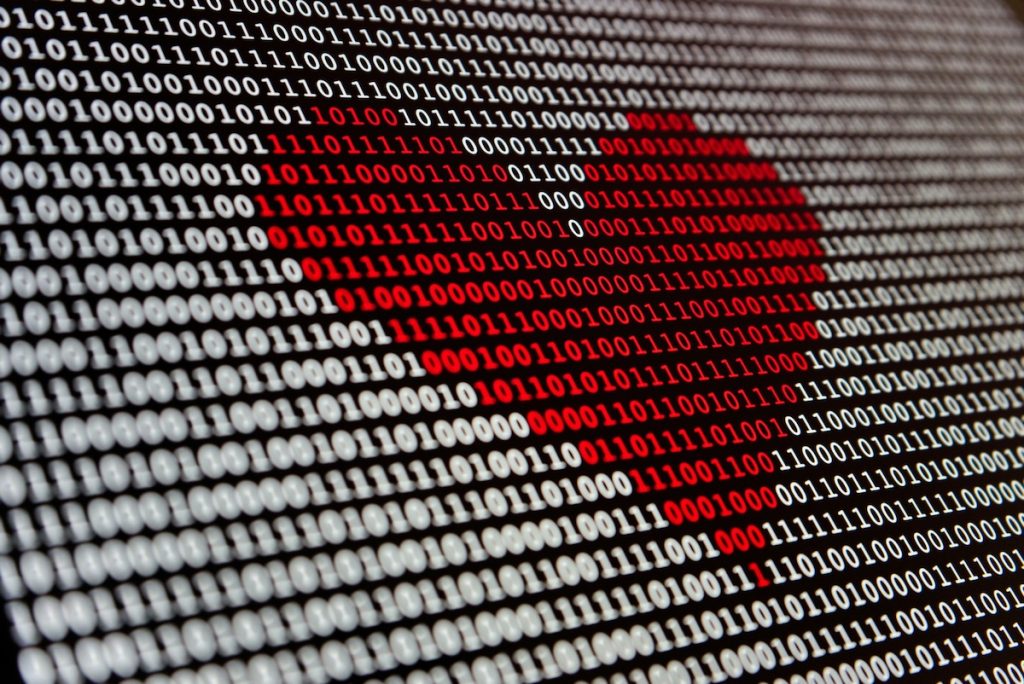In the digital age, finding love has transitioned from the traditional meet-cutes in cafes and chance encounters at parties to swiping right on profiles. The surge in popularity of online dating apps has revolutionized the way we connect, but what drives us to swipe right? Is it merely physical attraction, or is there a deeper psychological play at work? In exploring the psychology behind online dating apps, we uncover the motivations, behaviors, and outcomes of digital-age romance.
Understanding the Appeal
Online dating platforms, such as dating.com, have become a staple in the quest for love and companionship, offering a platform where profiles provide a snapshot of a person’s life, interests, and preferences. The appeal lies in their convenience and accessibility, allowing users to browse potential matches from the comfort of their own home. But it’s not just about convenience; these platforms also offer a sense of control over the dating process, enabling users to select who they want to interact with based on specific criteria.
The Role of Physical Attraction
Physical attraction plays a significant role in the decision to swipe right. First impressions on dating apps are often based on profile pictures, leading users to make split-second decisions about potential partners. While this might seem superficial, it’s rooted in our evolutionary biology, where physical cues can signal health and fertility. However, online dating platforms also allow for a deeper exploration of compatibility through profile descriptions and shared interests, suggesting that physical attraction is just the starting point.
Psychological Factors at Play
Beyond physical attraction, psychological factors significantly influence our swiping behavior. The paradox of choice, for instance, describes how having too many options can lead to indecision and dissatisfaction. Online dating apps provide an endless array of potential matches, which can be overwhelming for users. Additionally, the anonymity and distance that come with online interactions can lead to a phenomenon known as ‘ghosting,’ where individuals cease communication without explanation, highlighting the challenges of forming genuine connections in digital spaces.
Seeking Validation and The Fear of Rejection
Online dating apps also serve as platforms for validation and self-esteem enhancement. Receiving likes and matches can boost one’s self-worth, turning the app into a source of validation. However, this quest for validation can become addictive, with users swiping incessantly for that next ‘hit’ of approval. Conversely, the fear of rejection is significantly mitigated in online dating, as the digital barrier softens the blow of not being swiped right on, encouraging users to take risks they might not in face-to-face encounters.
The Impact on Relationships
The rise of online dating apps has undoubtedly impacted how relationships are formed and maintained. While these platforms have made it easier to meet new people, they have also changed the dynamics of dating. The ease of meeting new potential partners can lead to shorter relationships and a culture of serial dating, where the commitment to work through challenges may be diminished. Yet, for many, these apps have been instrumental in forming long-lasting relationships and even marriages, showcasing their potential to connect compatible individuals.
Conclusion: Navigating the Digital Age of Romance
In our search for love on the internet, we must not forget that there is a human being operating the computer. Modern society has come up with online dating applications which consist of algorithms and interfaces but are useful in the age long activity of finding love. As we use these programs that are designed to help us determine who we match with best, we need to think about some things. First, every profile picture is linked with dozens of given options about its appearance; secondly people try to combine them with someone’s character. The effect of online dating ranges from nothing to very serious — but it cannot be denied any longer. We can take it that by accepting all these changes in which online dating is now part of us, humans have continued to remain hopeful and adaptable, as seen in love itself.


